
The most interesting conversations happen when nobody’s right and nobody’s wrong. These aren’t your typical debate topics where one side eventually wins. They’re the kind of questions that make you lie awake thinking, then wake up with even more confusion. Brilliant philosophers have spent entire careers on them without resolution. Enter this exploration and find how unanswered dilemmas continue shaping thought and perspective.
Is Time Something We Invented?

Time might be humanity’s greatest illusion rather than a fundamental reality. Einstein showed that time bends with gravity and motion, which makes it relative rather than absolute. Philosopher John McTaggart argued that time contains logical contradictions that make it impossible. Meanwhile, psychology reveals how emotions can stretch or compress our perception of temporal experience completely.
Do We Really Have Free Will?
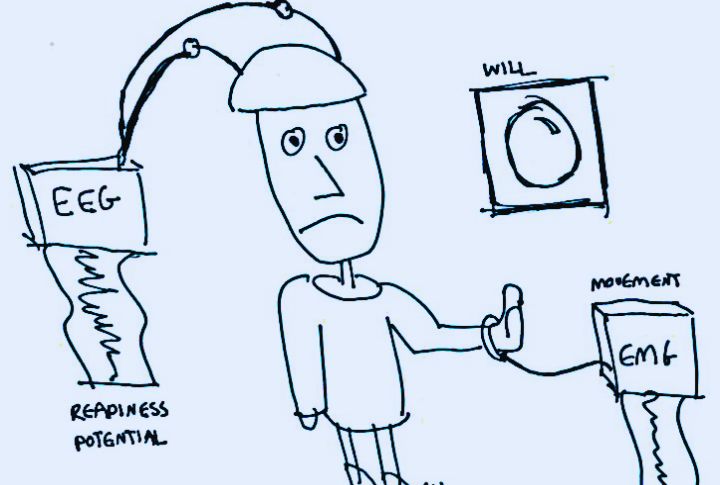
In the 1980s, scientist Benjamin Libet found that the brain begins preparing actions before we feel a decision. That shook ideas about free will. Courts still hold people responsible. Determinism says every action has a cause, yet compatibilism suggests freedom exists when choices mirror personal desires.
Is Morality The Same Everywhere?
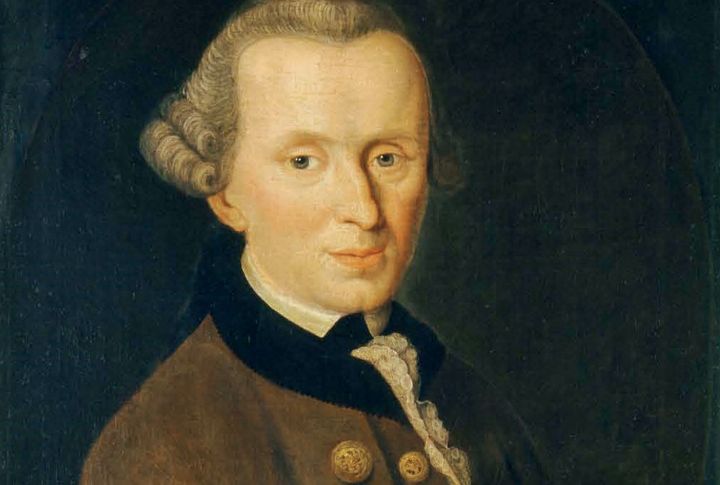
Different societies maintain completely different moral standards about fundamental issues. Anthropological research reveals these ethical variations across cultures, challenging any notion of universal morality. Some evolutionary theories suggest shared moral foundations, but the evidence shows remarkable diversity. Even philosophers like Immanuel Kant, who believed in universal principles, couldn’t reconcile these cultural differences.
Can Happiness Ever Be Defined?

Happiness seems universal, yet defining it proves impossible. Aristotle saw it as living virtuously, while modern psychology breaks it into measurable categories like positive emotions and meaningful relationships. Some cultures prioritize collective well-being over individual pleasure. However, what makes one person joyful might leave another empty, suggesting happiness remains deeply personal and undefinable.
Does Suffering Make Us Better?

Some believe pain builds character and creates stronger people. Buddhist philosophy teaches that suffering leads to wisdom and spiritual enlightenment through detachment. Yet psychologists find mixed results—while some individuals grow through hardship, others become broken by trauma. This leaves us questioning whether suffering truly improves us or simply changes us.
Is Death A Final Ending?

Biology defines death as the permanent end of brain and organ activity. Still, near-death experiences leave people with vivid stories, though there’s no scientific proof. Religious traditions imagine the afterlife or rebirth. And philosopher Rene Descartes, through dualism, suggested the mind might live on apart from the body’s physical end.
Can Truth Ever Be Objective?
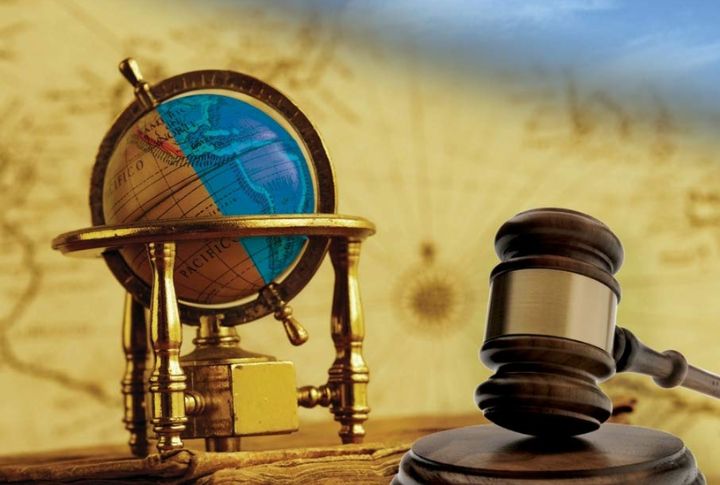
According to correspondence theory, truth means reflecting reality. But what counts as reality is hotly debated. Science tests and corrects itself, never reaching final certainty. Postmodern thinkers claim truth bends with language and power. Courts instead use probability, with juries judging guilt “beyond a reasonable doubt.”
Are Humans Born Good Or Bad?
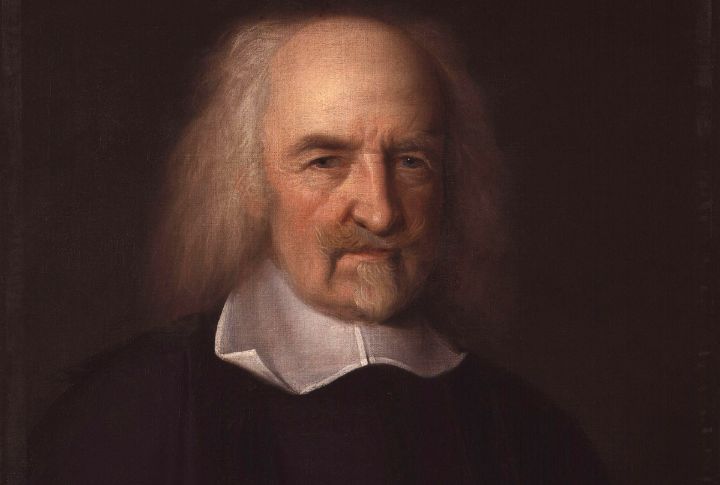
The philosopher Thomas Hobbes painted humans as selfish creatures. Another thinker, Jean-Jacques Rousseau, insisted society spoils otherwise innocent hearts. The Stanford Prison Experiment later demonstrated how power can lead to cruelty. Moreover, historical events mix generosity with brutality, which leaves the question of human nature unanswered and complicated.
Is Justice Always Fair?

Though justice claims impartiality, power and wealth usually shape results. John Rawls, a philosopher, imagined fairness from a “veil of ignorance,” hiding one’s position in society. Robert Nozick disagreed by rooting justice in rightful ownership. The ordeal of Kalief Browder highlights devastating gaps between courtroom law and true fairness.
What Is Consciousness Really?
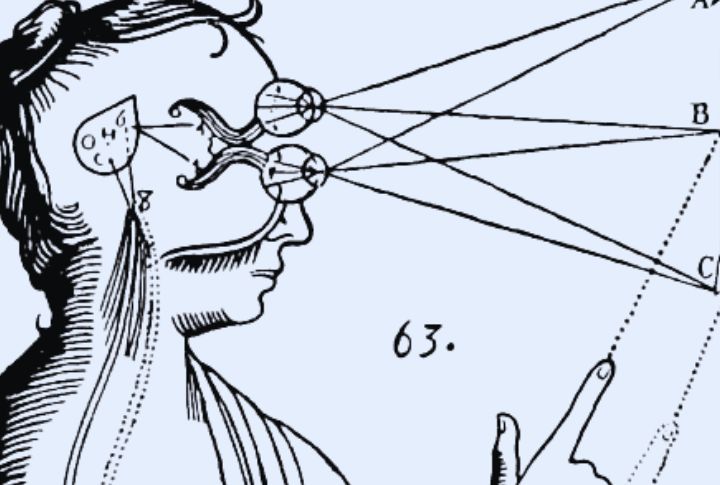
Philosopher David Chalmers coined the “hard problem” to describe how brain matter generates subjective experience. Scientists can map neural activity, but cannot explain why we have inner feelings at all. Integrated Information Theory attempts to measure consciousness through complexity, while artificial intelligence remains unable to experience qualia—the personal, subjective nature of conscious experience.
Is Randomness Even Possible?

A dice roll feels random, but French physicist Pierre-Simon Laplace believed perfect knowledge could predict everything and eliminate chance entirely. However, quantum mechanics reveals particles that behave probabilistically, which suggests true randomness exists. This creates a paradox: cryptographers depend on randomness for security, while skeptics argue that machines only generate complex patterns, never genuine unpredictability.
Is It Wrong To Lie If It Helps?

Morality turns lying into a puzzle. Immanuel Kant believed no lie could ever be justified. However, people sometimes use “white lies” to protect relationships. In collectivist cultures, deception may keep harmony. Whistleblowers complicate matters further by lying in pursuit of truth itself.
Do Intentions Matter More Than Results?
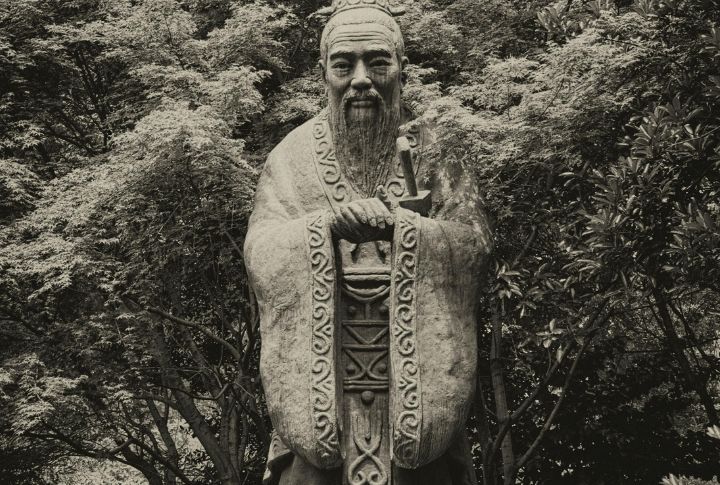
When courts decide punishment, intent matters as much as harm. Confucius taught that morality rests on intention and harmony in relationships. Deontologists share this focus, but consequentialists argue that only outcomes count. People usually condemn more strongly when results are tragic, even if the intent was unchanged.
Could Reality Be A Simulation?
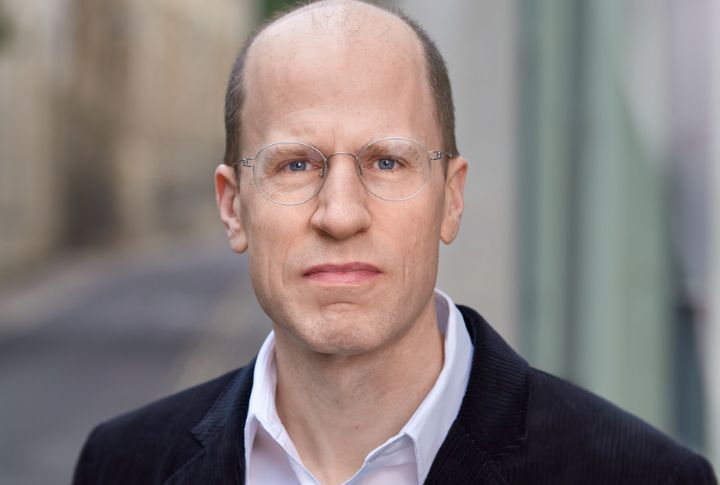
Philosopher Rene Descartes first questioned reality by imagining an evil demon creating false perceptions. Centuries later, Nick Bostrom updated this concept and suggested that advanced civilizations might simulate conscious beings in computers. Modern cognitive science supports this skepticism by revealing that human perception constructs rather than directly receives reality.
Is Violence Ever Justified?
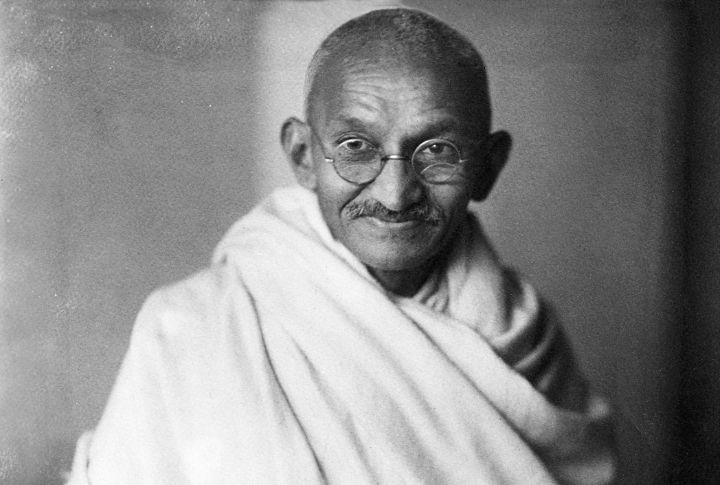
Mahatma Gandhi firmly believed violence was always immoral and championed nonviolence as the only moral path. However, just war theory argues that force can sometimes be justified under specific circumstances. History shows both perspectives through peaceful resistance movements and violent revolutions that toppled oppressive regimes, leaving this question perpetually unresolved.
Can We Know Anything Without Experience?

In the 1700s, David Hume insisted that knowledge depends on impressions gathered through the senses. Rationalists believed reason alone could lead to truth. Thought does persist without senses, although it becomes unclear. Artificial intelligence now spots patterns without direct experience, which adds fresh fuel to this ancient dispute.
Is The Universe Actually Infinite?
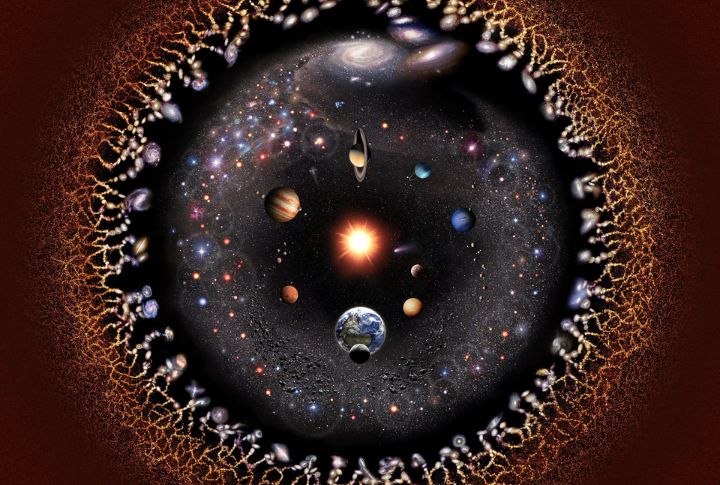
Infinity baffles thinkers. Hilbert’s Hotel, a paradoxical hotel with endless rooms, shows how strange it is. Mathematicians and cosmologists argue over its reality. Observations point to a finite universe, but flat geometry allows infinity. The cosmic microwave background prevents final proof by leaving questions open.
Can We Ever Be Completely Certain?

Saint Augustine long ago wondered if humans could ever hold certainty. Science today agrees by keeping its models provisional. Skeptical philosophers argue that no belief is entirely safe. The Gettier problem sharpens the puzzle to reveal that justified beliefs can still collapse into surprising falsehoods.
What Makes Something Beautiful?

Beauty looks simple but hides complexity. Evolutionary psychology links it to signs of health and fertility. Cultural standards, however, change over time and place. Neuroscientists show symmetry and contrast spark brain pleasure centers. Meanwhile, philosophers still argue whether beauty is universal or just in the eye of the beholder.
Do We Create Meaning Or Find It?

Some believe meaning is created through choice, as philosopher Jean-Paul Sartre and other existentialists argued. Viktor Frankl, a Holocaust survivor, found meaning in suffering and purpose, which shaped logotherapy. Many religions disagree, teaching that meaning is not invented but discovered through divine truth.

